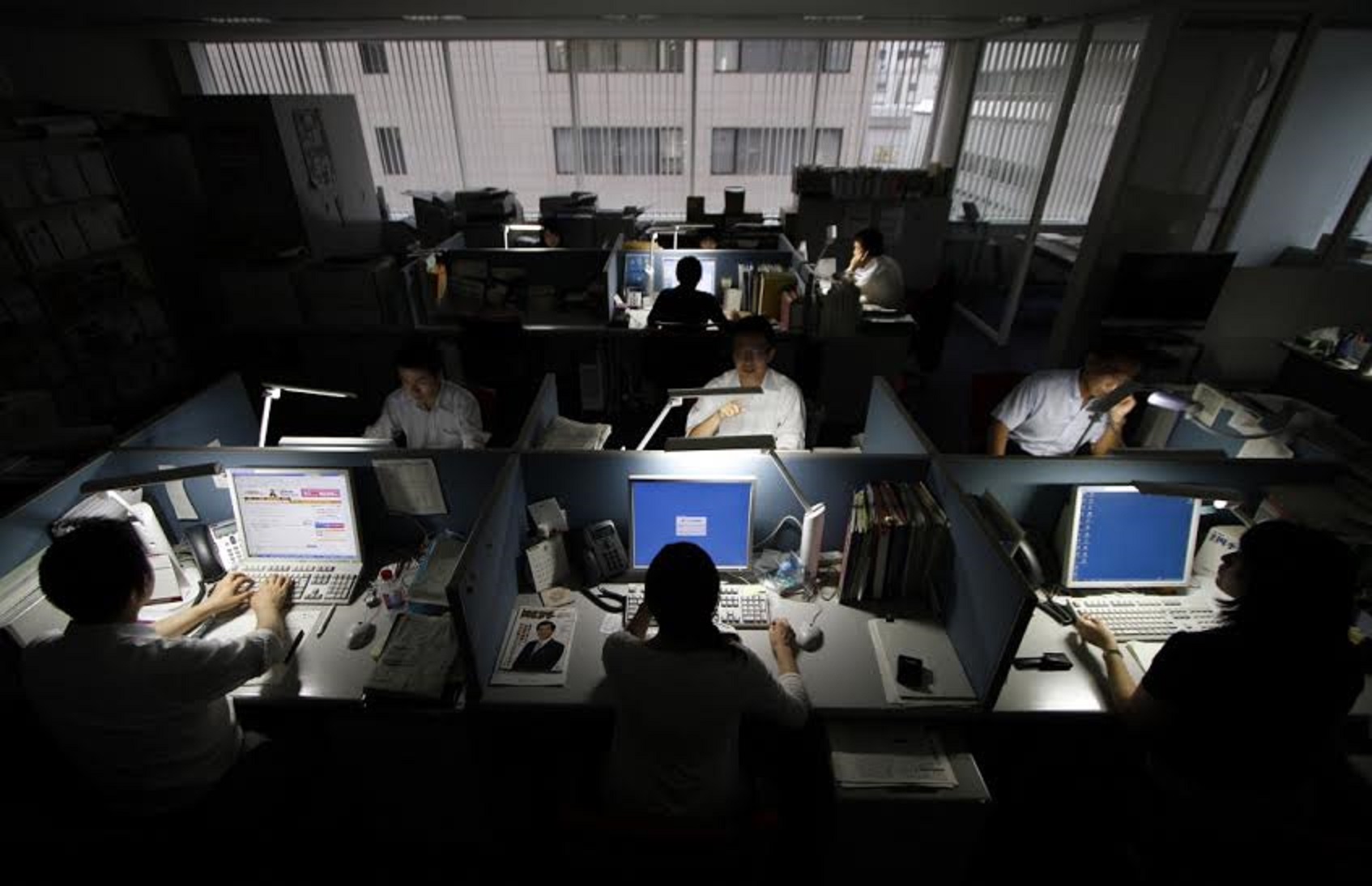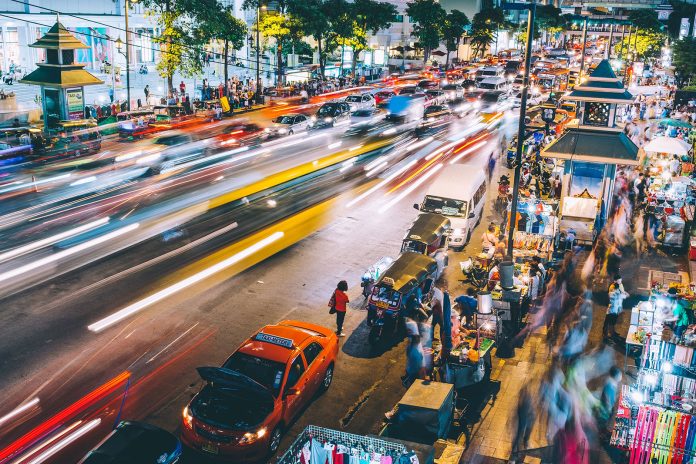- One of the most common phenomena observed in any metropolitan city around the world is the way economic activities continue unabated right through the day and night. As modern society performs its tasks literally without bothering about the conventional daytime working hours, an increasing number of people can be seen adjusting their daily schedules to work at night in line with the fast-changing times. Of course, apart from the conventional manufacturing industry, the information technology industry was the first among the others to have introduced night shifts, especially white-collar jobs, to facilitate overseas customer interaction. Did someone mention call center jobs and other related paraphernalia associated with the IT industry?

PC: Getty Images
- Indeed, IT pioneered the introduction of night shifts for millions of professionals, ushering in a well-accepted change without raising any eyebrows. Needless to say, significant changes have occurred over the years in the way various sectors, including manufacturing and service professionals, conduct their business. It is not difficult to understand that any economic activity will attract more professionals, thereby making the neighborhood a more vibrant place to live. A small settlement quickly expands to become a bustling town, city, or megacity. Cities around the world have transformed into 24-hour, 365-day-a-year working machines as technology-driven mind-boggling initiatives and inventions take root.
- However, The question here is whether modern cities are similarly equipped to ensure the safety and security of citizens, particularly working women willing to work at night. The answer is not simple, but it is safe to say that women’s safety and security while working night shifts are still a work in progress. Nonetheless, states are allowing more shops to operate 24 hours a day, seven days a week, but this must be accompanied by improved policing and public transport for female commuters. On Tuesday, the Delhi government recommended to LG VK Saxena that 155 shops and establishments be allowed to operate 24 hours a day, seven days a week. Thankfully, and for a change, the state government and LG are on the same page on this one.

PC: SUSHIL KUMAR VERMA
- If this proposal is approved, the number of such shops operating around the clock will rise to 523. Operating conditions are governed by legislation on shops and establishments, which falls under the purview of state legislatures. Most states have relaxed restrictions and given shops more leeway in how they operate in recent years. Overall, this is a positive step because it recognizes the changing pattern of work in urban India. Cities now operate 24 hours a day, seven days a week, and the supporting ecosystem must be in sync. India requires far better policing as well as a public transport ecosystem that can adapt to these changes. As a result, states should strengthen their most basic functions, such as policing and public transport, while also enacting priority legislative changes.






